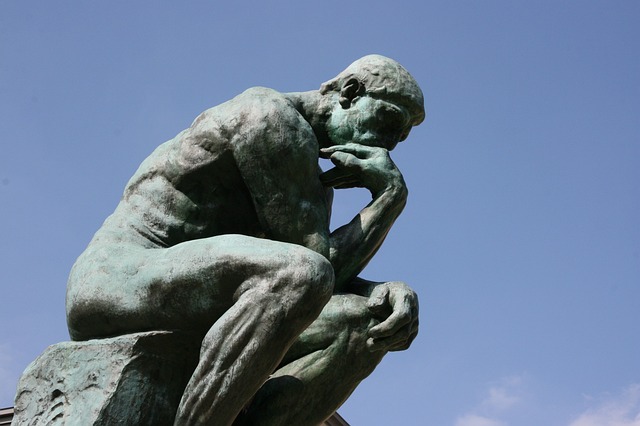Introduction
Secularism, as a principle that separates religion from the affairs of the state, plays a pivotal role in fostering equality in society. The idea of secularism is rooted in the belief that individuals should be free to practice their own religion or belief system without interference from the government or other religious institutions. This essay explores the vital importance of secularism in advancing equality by examining its impact on religious freedom, social harmony, gender equality, and cultural diversity.
Religious Freedom
One of the most fundamental aspects of secularism is the protection of religious freedom. Secular states are committed to ensuring that individuals have the right to practice their religion without discrimination or coercion. By providing a neutral space for all religious beliefs, secularism guarantees that no particular religion is given preferential treatment, thus allowing all citizens to exercise their faith freely.
In a secular society, people can openly express their beliefs, regardless of their religious affiliation. This fosters an environment where religious minorities are not marginalized or oppressed, which is essential for fostering equality among diverse communities. For instance, without secularism, religious minorities may face discrimination, prejudice, or even persecution, hindering their ability to participate fully in society.
Social Harmony
Secularism contributes to social harmony by preventing religious divisions from affecting the governance and public policies of a nation. In a society where religion is kept separate from the state, individuals are encouraged to focus on their shared humanity rather than their religious differences. This promotes social cohesion, tolerance, and understanding among various religious and non-religious groups.
Secularism acts as a safeguard against the potential for religious conflicts or the imposition of one group’s beliefs on others. By ensuring that religious considerations do not influence government decisions, secularism helps maintain a peaceful and just society where people of different faiths can coexist harmoniously. Social harmony is integral to achieving equality as it reduces tensions and promotes cooperation among various religious and non-religious communities.
Gender Equality
Secularism also plays a significant role in advancing gender equality. In many religious traditions, patriarchal norms and values have been historically ingrained, leading to gender-based discrimination and inequality. Secular states, by separating religion from governance, can enact laws and policies that promote gender equality without interference from religious institutions.
Secularism allows for the establishment of gender-neutral laws, women’s rights, and protections against gender-based discrimination. These measures contribute to creating a more equitable society where individuals are not discriminated against or limited by their gender. In countries where secularism is embraced, women have better opportunities for education, employment, and political participation, ultimately fostering a more equal society.
Cultural Diversity
Secularism is essential for preserving and celebrating cultural diversity. In a secular society, individuals are free to practice their cultural traditions and customs without fear of discrimination or persecution based on religious differences. Cultural diversity is integral to equality as it ensures that all cultural identities are valued and respected.
Furthermore, secularism discourages cultural assimilation and promotes the idea that a pluralistic society can thrive when various cultures and beliefs coexist peacefully. This allows for the preservation of unique cultural practices, languages, and traditions, which contributes to a richer and more equitable society.
Conclusion
Secularism is a foundational principle that underpins the promotion of equality in society. By safeguarding religious freedom, fostering social harmony, advancing gender equality, and preserving cultural diversity, secularism acts as a cornerstone for building a more just and equitable world. It ensures that individuals are free to practice their beliefs, irrespective of their religion or lack thereof, and that public policies are designed to benefit all members of society, regardless of their religious or cultural background. As we continue to strive for equality, it is crucial to recognize the pivotal role that secularism plays in creating a fair and inclusive society.

